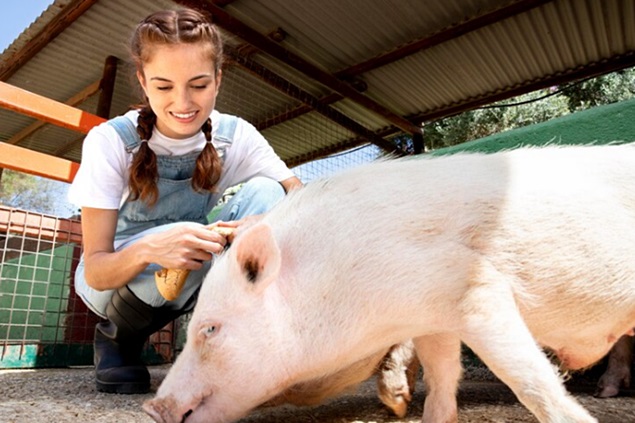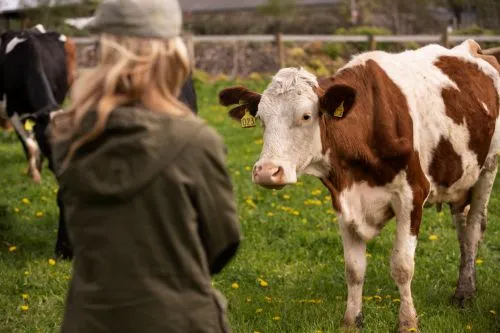1306

Genus Genetics, the parent company of the swine breeder PIC, has completed a next step in the research on pigs resistant to Porcine Reproductive and Respiratory Syndrome (PRRS), as reported by PigProgress. Approval from the US Food and Drug Administration (FDA) is now awaited.
Healthy pigs resistant to PRRS
The research project involves gene editing, an application suitable for cases involving a single gene; in this instance, by removing a single gene for the production of surface protein. These genetic modifications result in pigs lacking a protein on the surface of their cells, which prevents the entry of the PRRS virus.
Genus geneticists have reported the latest development in a new scientific paper published in The CRISPR Journal, a peer-reviewed journal dedicated to gene editing.
The team "has produced healthy pigs that have resisted infection with the PRRS virus, as determined by macrophage and animal challenges. This founder population will be used for further disease and trait testing, breeding, and commercial distribution after regulatory approval."
The team completed gene editing by injecting pig zygotes (fertilized eggs) with Streptococcus pyogenes bacteria carrying the CRISPR-Cas9 gene editing complex and ribonucleoprotein (RNP).
This involved synchronizing the estrous cycles of both donor and surrogate sows. Donor animals were artificially inseminated twice. Approximately 16 hours later, the presumptive zygotes were harvested and injected with RNP/Cas9, and then the donor sows were inseminated.
In their paper, the team noted that "the generation of this founder population was not without its challenges" (for example, only about 20% of pigs had the intended commercial editing).
Parent lines
Regarding Genus' activities, Prof. Alison Van Eenennaam, Cooperative Extension Specialist in Animal Genomics and Biotechnology at the University of California, Davis, recently remarked in a US media outlet that to transition to commercial production of these pigs in the industry, gene editing must be introduced into all the parental lines comprising the four-way cross, which is common in many breeding programs.
These are Duroc, Landrace, Large White, and the "synthetic" grandparent stock. Furthermore, homozygous gene editing (both DNA strands) is required.
To accomplish this, Genus has determined that it needs to edit 10 to 20 pigs with "high genetic merit" in each of the four parental lines. (Photo: Freepik)





